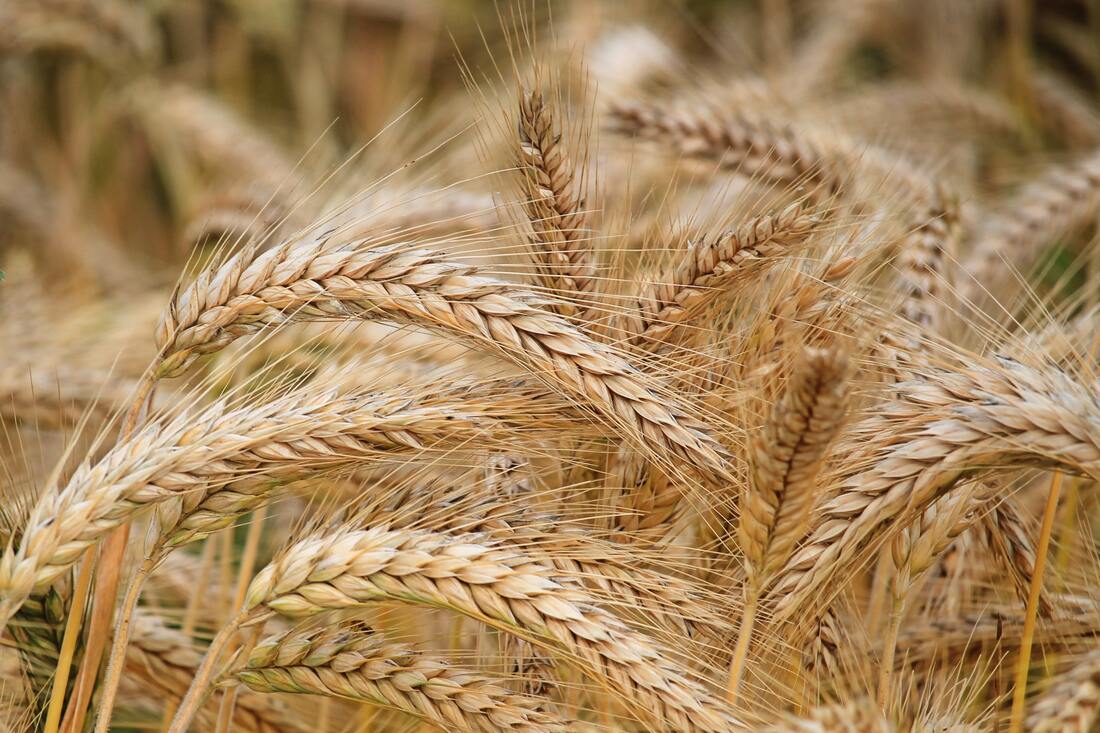|
Parables are stories used to illustrate a truth or principle. Jesus spoke in parables to illustrate the Kingdom of God. Hence, the listener must carefully consider the story through spiritual eyes. In Matthew 13:11-15, Jesus explained that He spoke in parables so that the secrets of His Kingdom could be understood only by His disciples. Those with a genuine hunger for God are given the gift of discernment to be able to comprehend the deeper truths of the stories of Jesus.
Let us consider the parable of the wheat and tares. The story in Matthew 13:24-30 tells of a "farmer" who sowed good seed into his field. Later, an enemy came and sowed tares among the wheat. When the farmer's helpers asked if they should uproot the tares/weeds, he responded, "No, because while you are pulling the weeds, you may uproot the wheat with them. Let both grow together until harvest." (Verses 29-30) It is my understanding that the weeds that were sown by the enemy are called darnel, a noxious weed of ryegrass that is bitter to the taste and may make someone who eats it sick. Farmers find it difficult to distinguish between wheat and darnel until harvest time. When we consider that the wheat represents Kingdom individuals and the tares people who belong to the evil one, we may ask, "Why would God allow them to grow side by side?" God's greatest desire is for us to mature into Christlike beings. As it says in Romans 8:29, "For those God foreknew He also predestined to be conformed to the image of His Son, that He might be the firstborn among many brothers and sisters." The truth is that God uses the "tares" to perfect the character of the wheat. This is called "sharing in the sufferings of Christ." (Romans 8:17) If we are to mature into the image of Christ, we must experience what He experienced and learn to respond the way He did. Harvest time will reveal those who are Christlike. The wheat bows its head because it is full of mature grain, while the tares remain stiff. Please note that the wheat and tares grow in the same conditions such as storms, droughts, and blights, but only one produces grain. Thus, it is premature to judge or uproot the tares before harvest time. What circumstances contribute to the wheat (followers of Christ) growing in Christlike character? It is what Christ followers learn. We are taught to forgive when wounded or offended, to stop judging others, and to pray for them. The ultimate mercy prayer was prayed by Christ on the Cross. "Father, forgive them, for they do not know what they are doing." (Luke 23:34) We are to do likewise. The tares (those who do not know Jesus), however, mature into those who criticize and carry offenses against others. At harvest time, the tares will be gathered to be burned. Francis Frangipane, founding pastor of River of Life Ministries in Cedar Rapids, Iowa, has rich teachings on the parable of the wheat and tares. He concludes that "The difference between the wheat and tares is the measure of love functioning in each; the wheat is able to truly bow to its Creator." My prayer for all of us is that we will be able to do likewise. |
Joan E. MathiasCategories
All
Archives
July 2024
|

 RSS Feed
RSS Feed